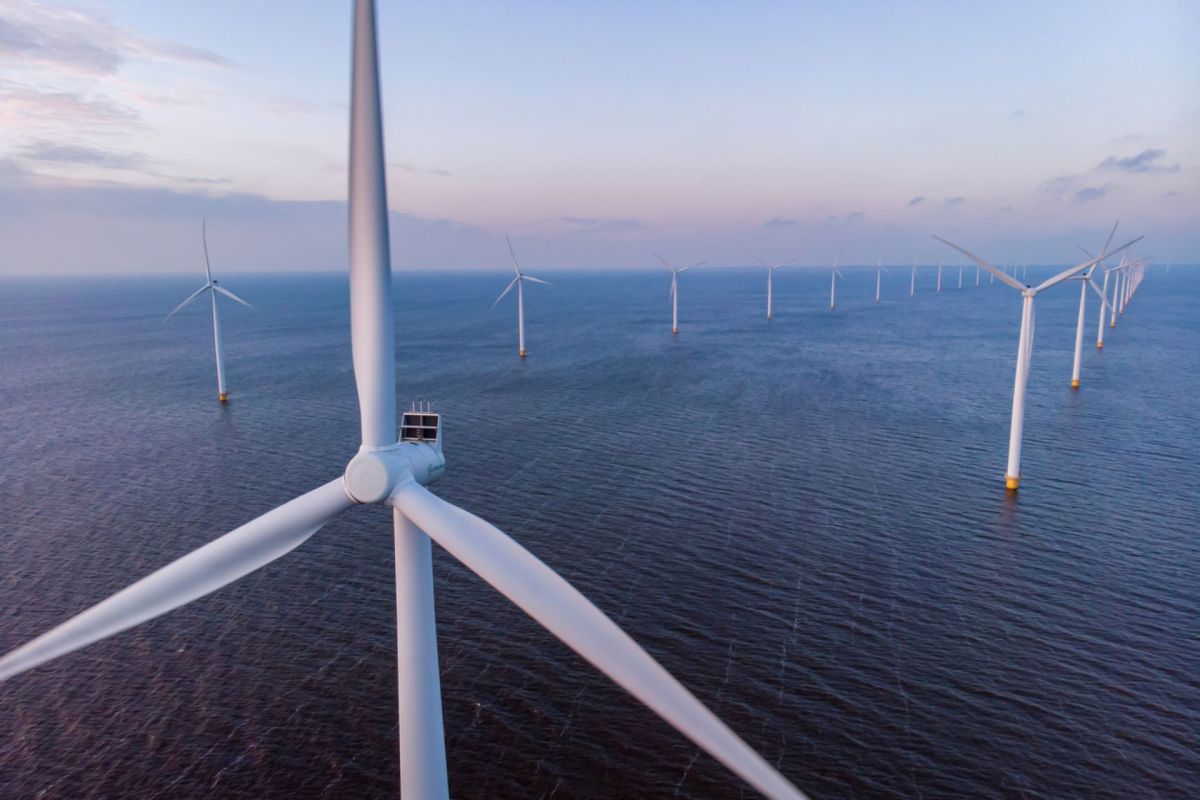The anti-wind movement has found a new mouthpiece to spread disinformation, this time through a citizen group that Brown University says has mirrored the tactics of climate change denialists and national organizations funded by the fossil fuel industry.
What's happening?
According to a report written by Brown's Climate and Development Lab in conjunction with Climate Jobs Rhode Island, the Rhode Island-based group Green Oceans has pushed back against offshore wind construction, using arguments that "repeatedly overemphasize the granular effects of wind turbines while completely obscuring and failing to contextualize the impacts of climate change and continued fossil fuel combustion on human and ecological systems."
The analysis dissected the organization's anti-wind rhetoric, which focuses more on quantity than quality, using the "discourses of climate delay" and "FLICC."
The former is a framework that emphasizes four categories of climate obstructionism, three of which Green Oceans practices: emphasizing the downsides, redirecting responsibility, and pushing non-transformative solutions.
The latter is another framework that stands for fake experts, logical fallacies, impossible expectations, cherry-picking, and conspiracy, all of which Green Oceans utilizes to distort the truths about wind power.
For example, the report found that the organization's narrative that offshore wind projects will adversely affect marine life, specifically whales, falls under the "policy perfectionism" subcategory of "emphasizing the downside" since it "portrays a climate policy or technology as an imperfect solution, thereby encouraging disproportionate caution and discouraging necessary action."
Green Oceans also relied on fake experts and logical fallacies when citing "two non-empirical, highly speculative" articles to substantiate its claim that offshore wind would create auditory disturbances for whales. The first was published by an organization that had received funding from corporations such as ExxonMobil and Peabody Energy, and the second had claims debunked by the Bureau of Ocean Management and the University of Rhode Island.
In addition, neither piece of literature explicitly stated that wind turbines would produce enough sound to potentially harm whales, meaning the group cherry-picked information and relied on logical fallacies since they failed to "incorporate relevant research concluding that there is still uncertainty on offshore wind impacts on whales."
Why is their spreading of disinformation important?
Not only is Green Oceans relying on questionable or biased sources, but it's also ignoring data that directly contradicts its stances.
"It is important for people to have their own perspective about whether they want energy infrastructure in their neighborhoods, but they don't get to make up their own facts," J. Timmons Roberts, a professor of environmental studies and of environment and society and sociology at Brown, said.
Furthermore, the organization has made itself part of a bigger issue by maintaining the status quo and propping up the dirty energy industry.
"It is clear that the group is part of a very vocal international network that attacks renewable energy deployment, circulates talking points rooted in misinformation, and sometimes shares lawyers, lobbyists, advisors and donors," the report read. "The point is not to cast guilt by association — it is to contextualize Green Oceans in this web of deceit and obstruction of climate action."
What can I do to help?
In this age of disinformation and hidden agendas, it's key to educate yourself with unbiased and verified sources.
It's also important to understand that the coal, oil, and gas industry has threatened the welfare of communities and pushed global temperatures to unparalleled levels.
Luckily, taking the time to vote for climate-conscious politicians can help prioritize renewable energy sources for a cleaner, cooler future.
Join our free newsletter for cool news and actionable info that makes it easy to help yourself while helping the planet.









